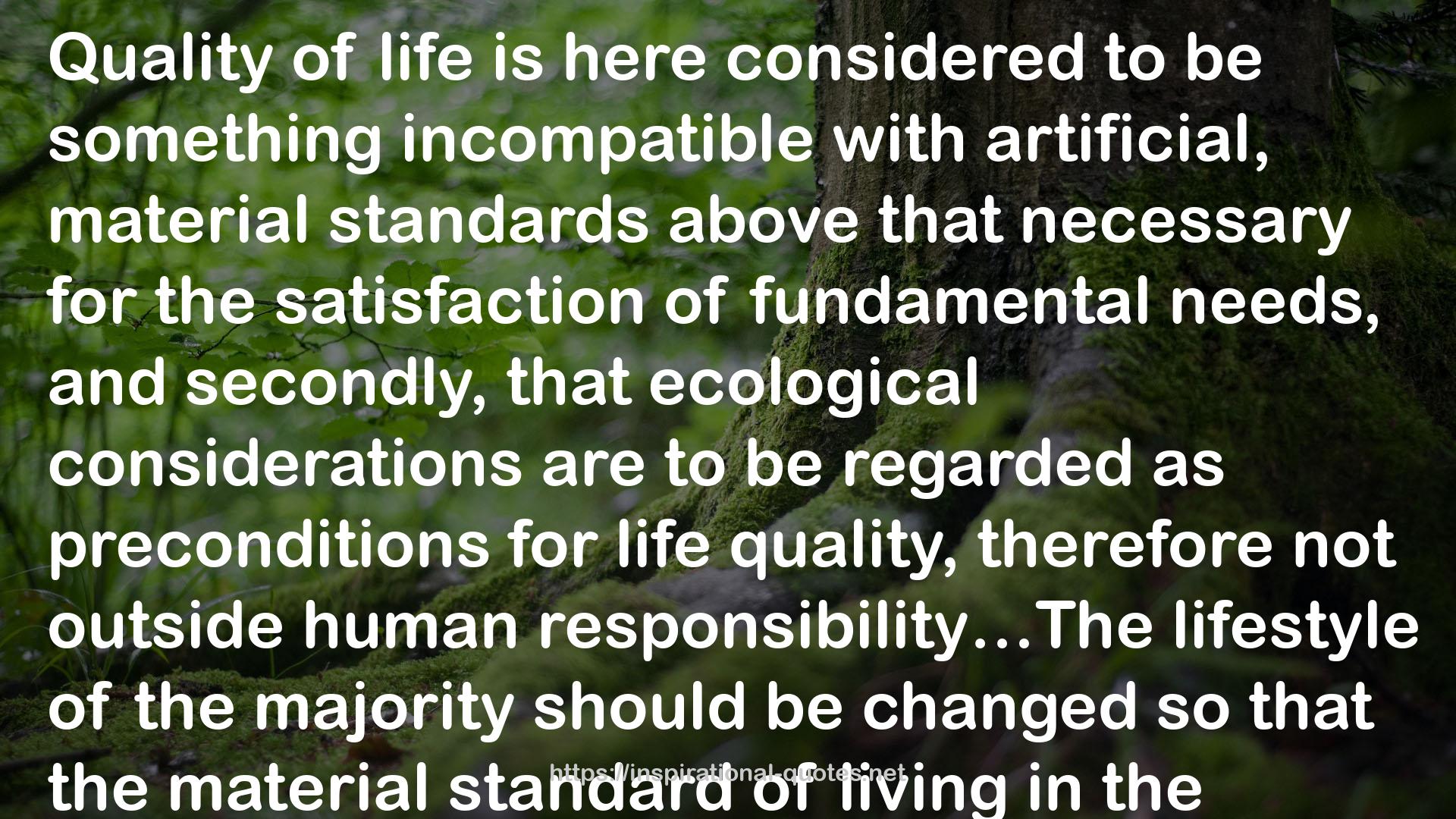Ecology, Community and Lifestyle: Outline of an Ecosophy QUOTES
SOME WORKS
- Nobody's Family Is Going to Change
- The Fortune Hunter (Lovers and Ladies, #5)
- An Unwilling Bride (Company of Rogues, #2)
- The Secret Duke (Malloren, #10)
- The Secret Wedding (Malloren, #9)
- An Arranged Marriage (Company of Rogues, #1)
- Skylark (Company of Rogues, #10)
- Christmas Angel (Company of Rogues, #3)
- Forbidden (Company of Rogues, #4)
- Something Wicked (Malloren, #3)

